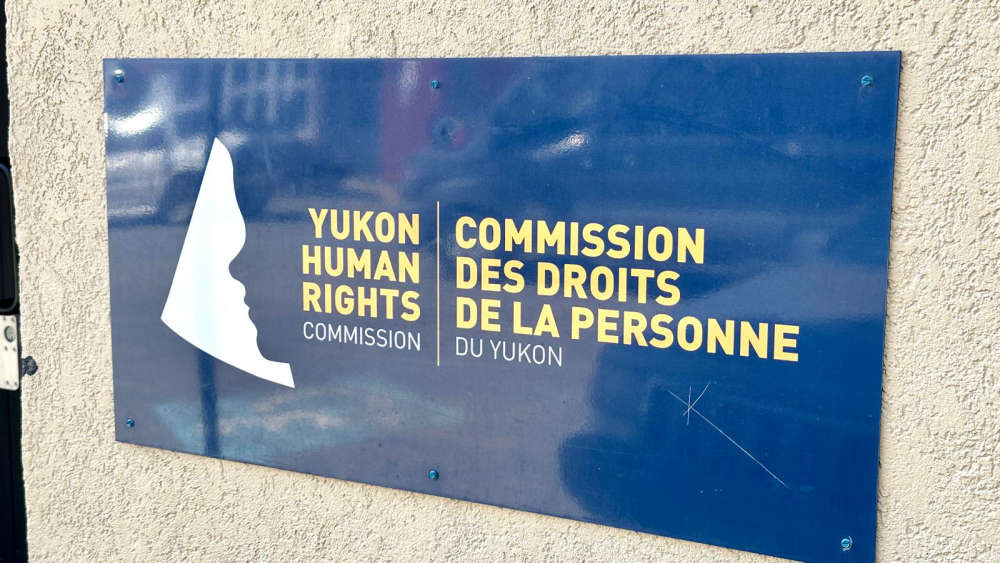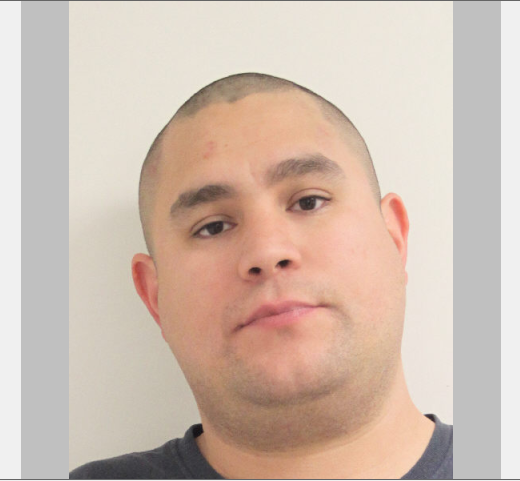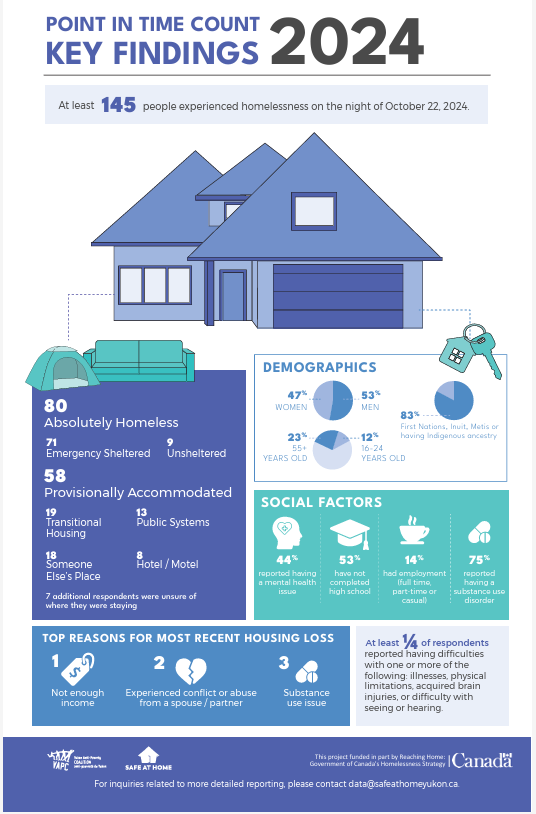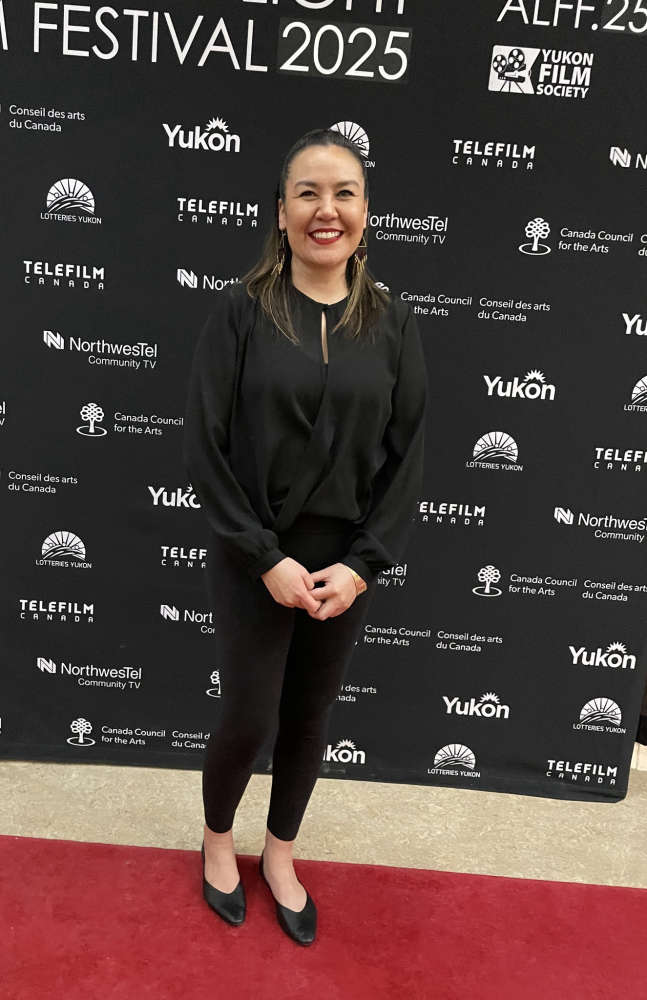
There was evidence of unfair operational issues that included gaps in policies and procedures, concerns with how the Act was being interpreted to meet their operational requirements,
The Yukon Ombudsman says the department of Justice has accepted two out of three recommendations provided in an investigative report over unfairness found in the Yukon Human Rights Commission’s operations.
Over the last two years, three different people submitted complaints to the Ombudsman alleging unfair delay, settlement bias, and unfair processes.
Following these complaints, Jason Pedlar, Yukon Ombudsman swung into investigation and found that the Human Rights Commission strives to meet its mandate despite persistent funding issues, high staff turnover, and limitations found in the Human Rights Act.
Pedlar added that there was evidence of unfair operational issues that included gaps in policies and procedures, concerns with how the Act was being interpreted to meet their operational requirements, and an over-reliance on settlement to manage an ever-increasing caseload.
The investigation also found a unique situation in which two authorities are responsible for addressing the issue of unfairness, the Human Rights Commission, and the Department of Justice.
Pedlar said some of the issues which include funding, independence, and amendments to the Human Rights Act, are beyond the control of the Commission.
At the end of the investigation, the Yukon Ombudsman provided five recommendations to the Human Rights Commission and three to the Department of Justice. According to the Ombudsman, these recommendations are intended to assist the HRC in carrying out its work in a more fair and efficient manner; benefiting the organization and those it serves.
The three recommendations to the Department of Justice include amending the Act so that the HRC is funded at arms-length from government, supporting them in closing the gap between the Human Rights Act and its regulations through regulations changes, and increasing the number of Human Rights Commission members from a maximum of five members to a maximum of seven, as described in s. 17 of the HRA.
Responding to these recommendations, Deputy Minister and Deputy Attorney General Mark Radke, said “The Department of Justice cannot accept recommendation one, as it is not within the Department’s authority to implement.”
“Acceptance of Recommendation one would require a decision by the Legislative Assembly or, alternatively, by Executive Council Office.” Radke said.
As per the recommendations two and three, Radke said "officials from the Department of Justice have contacted the Commission to begin consultations as they look forward to working with the Commission to implement these Recommendations over the coming months."
The five recommendations to the Department of Justice include the Implementation of a written policy on exercising its discretion regarding the application of each applicable subsection of the Human Rights Act, expand and clarify its written procedures of the HRA “fair and reasonable” evaluation, submit recommendations to the Executive Council to harmonize the HRA with its regulations such that it addresses the concerns and gaps identified in this Report, and evaluate and select comprehensive case management software which monitors and tracks key performance indicators for all relevant statistics.
These eight recommendations have timelines ranging from six to 12 months from the date of this report.


 Former teacher calls out education minister for inaction
Former teacher calls out education minister for inaction
 Yukon RCMP issue arrest warrant
Yukon RCMP issue arrest warrant
 Yukon Native Hockey Tournament kicks off its 45th anniversary with more teams than ever before
Yukon Native Hockey Tournament kicks off its 45th anniversary with more teams than ever before
 Whitehorse RCMP search for missing man
Whitehorse RCMP search for missing man
 B.C. man, two Watson Lake residents arrested on warrants in Whitehorse
B.C. man, two Watson Lake residents arrested on warrants in Whitehorse
 Ross River RCMP arrest two men in separate, unrelated investigations involving stolen rifles
Ross River RCMP arrest two men in separate, unrelated investigations involving stolen rifles
 Medical Staff Association president raise "significant concerns" surrounding acute care at Whitehorse General
Medical Staff Association president raise "significant concerns" surrounding acute care at Whitehorse General
 Whitehorse count indicates 83 per cent of homeless in 2024 were Indigenous
Whitehorse count indicates 83 per cent of homeless in 2024 were Indigenous
 Whitehorse RCMP seek public's help in locating missing 73-year-old man
Whitehorse RCMP seek public's help in locating missing 73-year-old man
 CYFN opens new wellness centre in Whistle Bend
CYFN opens new wellness centre in Whistle Bend
 'Old Crow a Philosophy' makes global premiere at YAC
'Old Crow a Philosophy' makes global premiere at YAC
 Yukon First Nations Culture and Tourism Association cancels events for 2025, including Adäka Festival
Yukon First Nations Culture and Tourism Association cancels events for 2025, including Adäka Festival
 Whitehorse residents and Yukon NDP speak out against a proposed transit fare hike
Whitehorse residents and Yukon NDP speak out against a proposed transit fare hike
 Diane Strand wins Haines Junction mayoral byelection
Diane Strand wins Haines Junction mayoral byelection
 Copper Haul Road closure announced for bridge repairs
Copper Haul Road closure announced for bridge repairs
 Yukon Government and Canadian Government partner to boost local businesses
Yukon Government and Canadian Government partner to boost local businesses
 Yukon NDP hosts virtual mining discussion
Yukon NDP hosts virtual mining discussion
 Chief Superintendent Lindsay Ellis Becomes Yukon RCMP M Division's First Female Commanding Officer
Chief Superintendent Lindsay Ellis Becomes Yukon RCMP M Division's First Female Commanding Officer